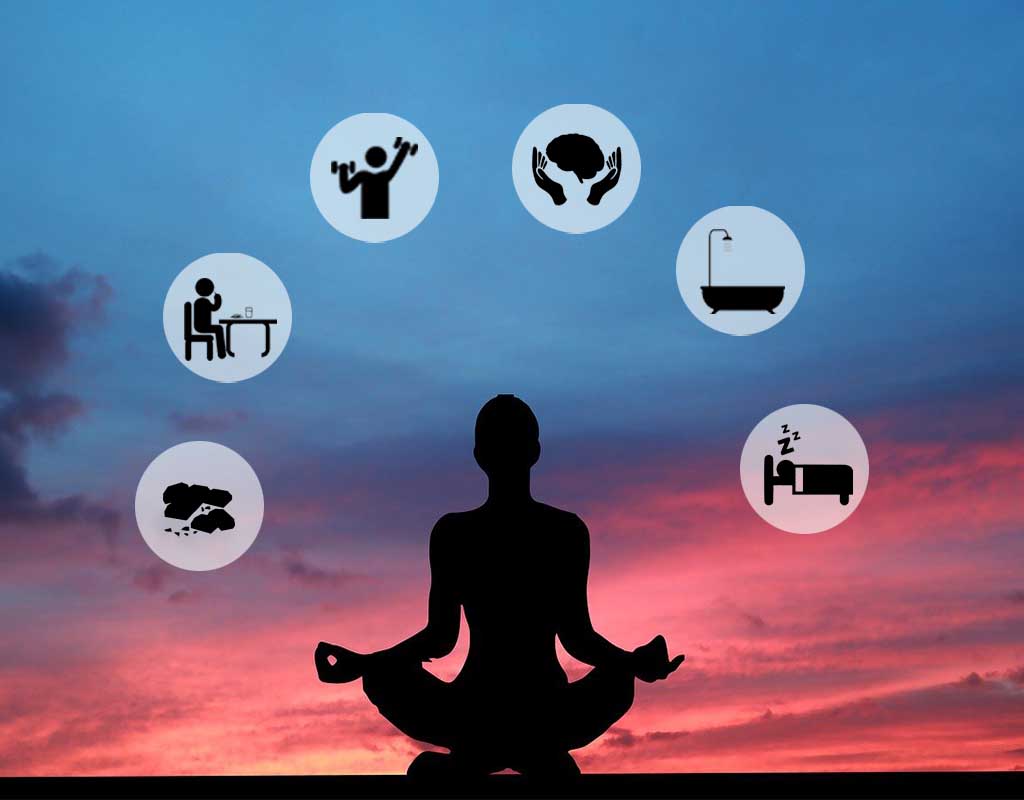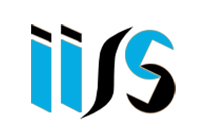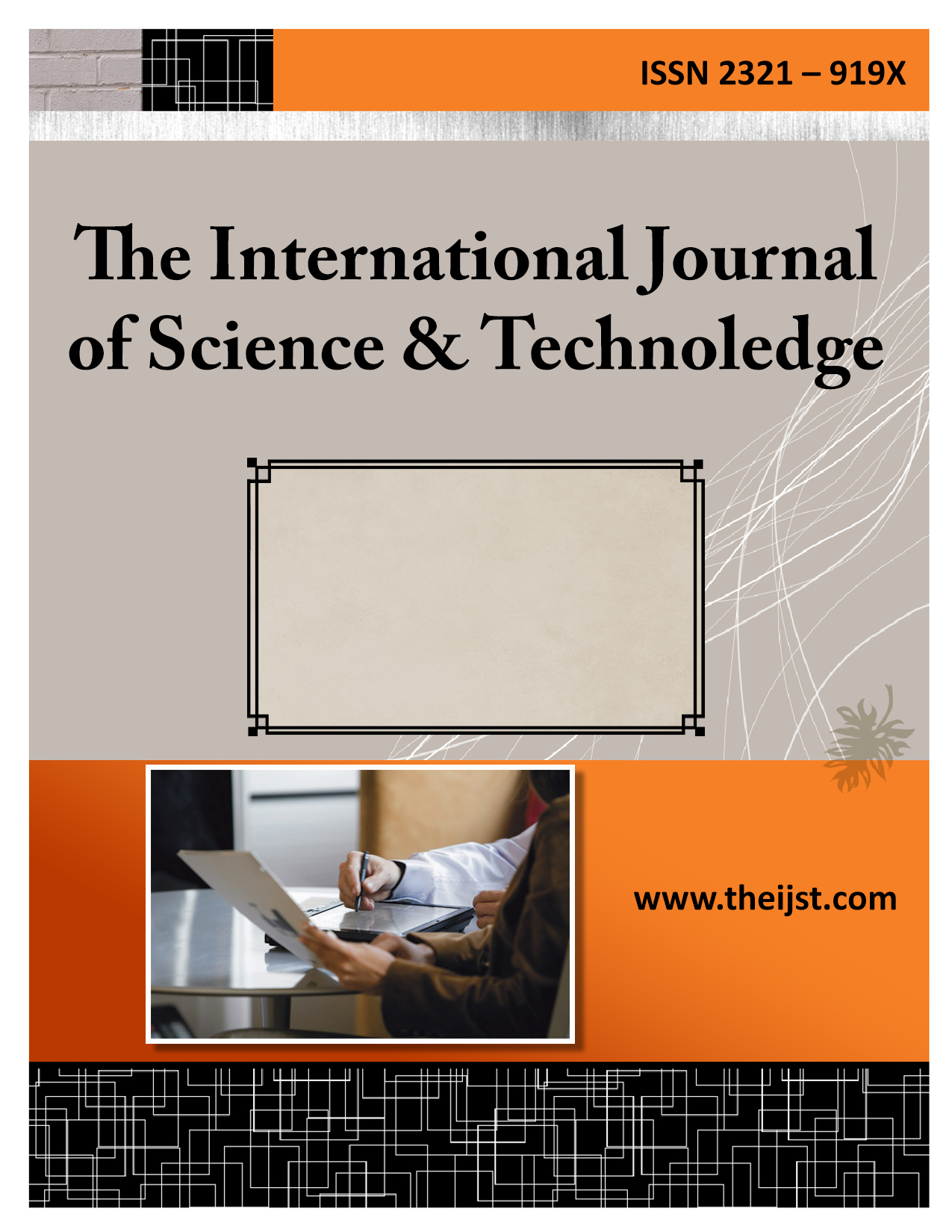Self-care is focusing on yourself and prioritizing your needs and demands, the same day you do with your work, professional and financial, and also family demands. Self-care is a broader perspective which involves physical and mental wellness of a person. Self-care is a necessity for everyone in today’s world and research scientists are no different. Amidst the pressure of publishing in international journal, teaching, survey works, late-night writing and funding, often academicians forget to focus on themselves and their health. But it should be of foremost priority when you want to be productive in the long run, in your work and personal life.
Here are 10 ways you can practice self-care-
Physical Health– Physical self-care begins with good health. But how will you know you are in good health? Monitor your health regularly. Watch your weight, blood pressure, blood sugar level etc. In today’s professions, sedentary lifestyle can be a critical problem, you have to overcome, else the above parameters of your physical health can be affected at a very young age. Do not ignore symptoms like headache, stomach pain, acne on skin, hair loss or any other unusual thing about yourself. Annual medical check-up is also a part of observing your physical health.
Eat Well– Eating nutritious food is very important for good health. A balanced diet keeps every part of our body and mind in check. It nourishes us from within. Consult a nutritionist if required, eat lots of green vegetables, take detox drinks like green tea, celery juice etc. In take vitamin D and vitamin B in good amounts for a healthy body and mind. Always balance protein with vitamins and fiber rich carbohydrate in every meal.
Eat Dark Chocolate– Some say, dark chocolate is good for keeping blood sugar levels in check. Additionally, chocolate is a mood booster. If you eat chocolate, you feel happier, and feeling happy is a great way to feel healthy.
Exercise– This one thing is no longer optional for anyone. Exercising regularly is key to good body, mind and spirit. Losing extra pounds not only keep every organ like heart, lungs and liver functioning well, but it also helps release stress which is good for proper functioning of the brains. So take out at least 30 minutes each day for exercise.
Pay Attention to Your Mental Health– A proper focus on mental health is as important as physical health. We need to be stress-free, and feel positive about ourselves in order to keep functioning properly in our professional lives. This is especially true for academicians and scientists. There is a lot of pressure for publishing papers in international journal, securing funds, conducting surveys etc. Seeking proper career options can also be challenging for academicians; these can affect the mental health of researchers. Monitor your reactions to individual events and situations to figure out if you are behaving as you expect from yourself. If you get angry or restless too quickly, or panic about deadlines too often, you are likely stressed. You might have to calm yourself with meditation and exercise.
Take a Warm Bath Once or Twice a Week– Soaking yourself in the warm bubbles can be an effective nerve relaxant. It might sound too pomp or luxurious, but sometimes, this kind of self-care prepares us better for next-days’ struggles. It refreshes the body and mind, also cures ailments medicatively.
Be Patient with Yourself– Each of us has our own objectives, but we should not put ourselves under the pressure of our self-expectations. Things can sometimes go slow. It might take some time to get funding for your next work, or get admission to a PhD position in your preferred university. Its ok, be patient; things will turn out good, once you learn to wait for the right time or right opportunity. Avoiding despair is essential for self-care.
Self-talk– It’s a great medicine for mental health. Some people think those who talk with themselves are mad, but in reality, self-communication improves clarity of what you want, what is the problem and what you should do. Everybody should keep this channel open for self-communication. Talk to yourself; this is like thinking out loud. Try self-counseling too to get yourself out of negative thoughts about work, study, personal life, social problems or anything that is bothering you.
Plan Breaks– Research life with case studies, international journal invitations, lab projects, lectures and seminars can be demanding on time. It might be difficult to balance a good work-life, but take out time for breaks. Go on vacations to give yourself the change and relief you deserve. Breaks also mean daily breaks from work. Practice a hobby like reading (beyond academics), listening to music, playing an instrument, painting, gaming, learning a language or anything that interests you.
Sleep Well– Just like you need to eat well, you also need to sleep well. At least 7-8 hrs of sleep is necessary for any adult. But sometimes, we are not able to let go of our thoughts even in sleep. Our brain keeps active even when our eyes are closed. In order to relax, use aromatic effects in your room; you can use humidifiers with essential oils to calm your brain and condition it to give in to sleep. Silent your electronic gadgets to avoid interrupting notifications. These are ways you can have your sleep so that you can function productively the next day.
Self-care is a must for each individual with a challenging professional life and scientists and academicians who are subject to social criticism, financial obstacles, competitive performances and other difficulties, everyday, need more self-care for physical and emotional stability. The 10 tips can help everybody give good output in their work and personal lives.










